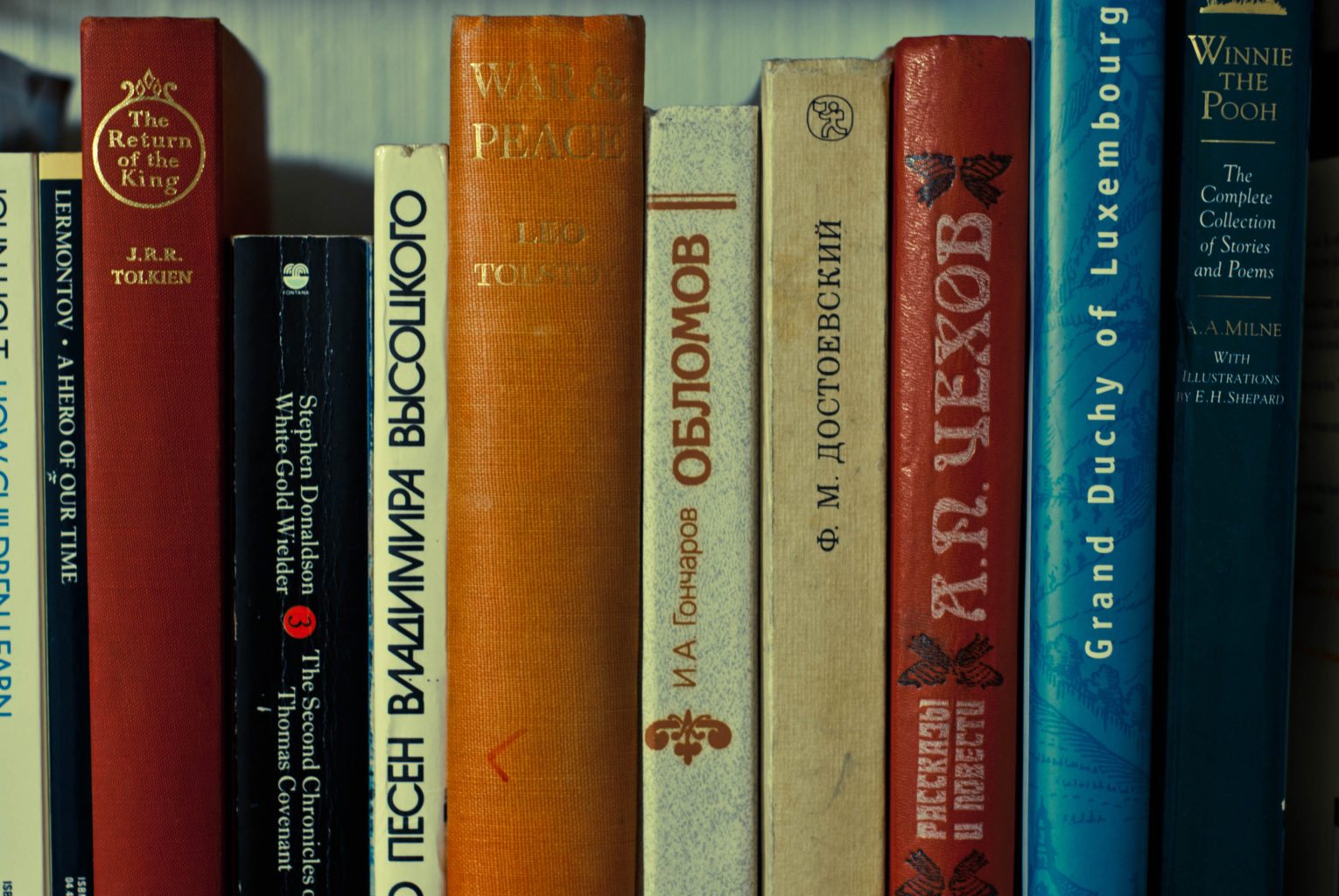BHM: Underrepresented and unappreciated: Why is my syllabus so white?
A few weeks ago we started using a new five-pound note with the British wartime Prime Minister Winston Churchill on it. Churchill is considered a hero by many in Britain and indeed was voted the ‘Greatest Briton’ in a BBC poll a few years ago.
However as Prime Minister he was also responsible for using forced labour camps in Kenya against the Mau Mau fight for independence, as well as countless other atrocities against the people of Africa, India and the rest of the British empire. The fact that so many people still view Churchill purely as a hero is a result of the bias in the British education system. In school are usually taught about British and European history, leaving out some of the worst crimes of the Empires, but usually having one token topic on Transatlantic slave trade or apartheid in South Africa.
This bias doesn’t stop at university. I was shocked at how European and British centric the first year module for economic history was. Despite the module being called ‘The World Economy: History and Theory’, at least 80% of the lectures were about European growth, with African and Asian history only being discussed in the last few lectures.
In school are usually taught about British and European history, leaving out some of the worst crimes of the Empires, but usually having one token topic on Transatlantic slave trade or apartheid in South Africa
When we did learn about the economic history of Africa and Asia, the readings also seemed to be focused on European economists. Above this, in my first year studying Economics despite having lecturers from Europe, North America, Latin America and Asia not one of our lecturers were black.
Economics is not unusual in having issues with the diversity in its syllabus. For most Social Sciences, Humanities and Arts the core modules are focused on European culture and history, with students having to go out of their way to learn about different cultures. And when the history of Africa and Asia is taught it is thought of as purely a history of race and conflict with colonialism, not as a something in its own right.
For most Social Sciences, Humanities and Arts the core modules are focused on European culture and history
The history department for example only offers two first year modules not focused on European history – Empire and Aftermath and Politics and Society in Africa from 1800, both modules look at Africa and Asia purely in the context of European oppression. Even the School of Modern Languages and Cultures, something that is all about diversity focuses almost entirely on European languages.
It is not just arts and humanities that have a bias, but science too. The Times Higher Education magazine recently revealed that of the 8,300 professors of science, engineering and technology in the UK, only 35 are black.
Even the School of Modern Languages and Cultures, something that is all about diversity focuses almost entirely on European languages
Thankfully students in the UK and across the world have begun fighting against the racism in the education system. The perfect example is the Rhodes Must Fall movement. This movement started at the University of Cape Town as a protest against their prominent statue of Cecil Rhodes, the diamond magnate and colonial oppressor of South Africa viewed by many as an architect of apartheid.
This movement quickly spread to Oxford because of Oriel College’s statue and their Rhodes Scholarship. A lot of debate has been sparked in the press about the legacy of Cecil Rhodes, but the truth is, is that Rhodes Must Fall is not about Rhodes the man, but what he represents. Rhodes represents a system that has not come to terms with its colonial past and largely ignores non-Western cultures.
Thankfully students in the UK and across the world have begun fighting against the racism in the education system
This results in an atmosphere where black and minority students feel under represented. University should be a space where everyone feels comfortable to express themselves, and if some cultures are not represented we will not achieve this. The decolonialisation of the British education system is long overdue and we must embrace the same spirit of the Rhodes Must Fall movement to achieve this.
One of the best things about Warwick is its diversity. If our we don’t begin to address the lack of black and minorities cultures in the syllabus, Warwick will no longer attract such a wide variety of students from different cultures and will lose its vibrant energy.

Comments